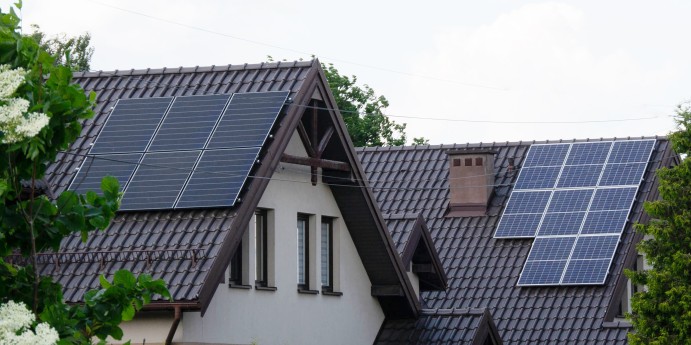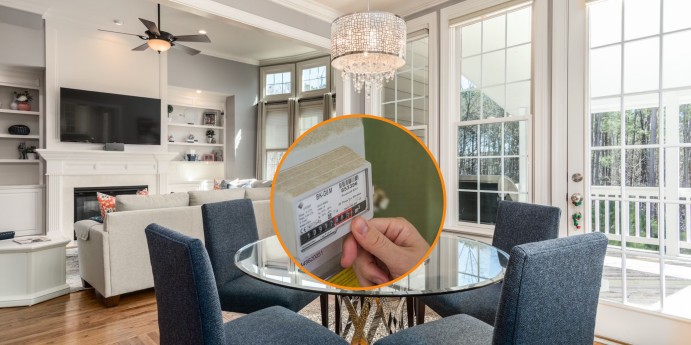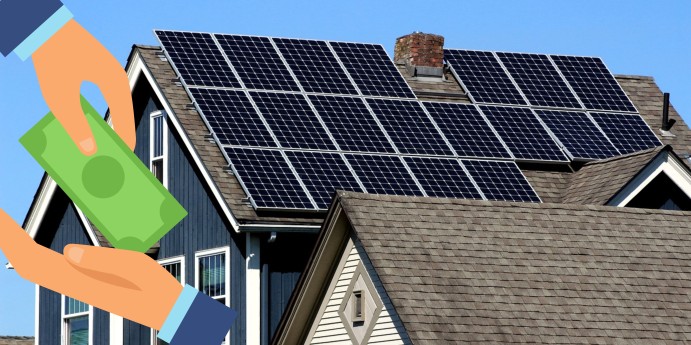In times electric cars (EVs) have become increasingly popular as an eco-friendly option compared to conventional gas-powered vehicles. Yet a key worry, for those thinking of buying an EV is how easy and cost-efficient it is to charge these vehicles.
This article explores the topic of how much it might cost in 2024 to set up an EV charger at home. Let’s dive deep into the world of EV chargers and look closely at the factors that may create an impact on installation costs.
Let’s be honest; constantly hunting down charging stations for your EV can be quite a hassle. Wouldn’t it be fantastic to have your fuelling station” right in your own driveway? That’s where home EV chargers come in! These convenient devices are specialized outlets designed to provide power for recharging plug-in electric vehicles such as cars, neighborhood electric vehicles (NEVs) and plug in hybrids (PHEVs). With a home charger you can easily recharge your vehicle overnight ensuring its fully charged and ready, for your journey.
Let’s get straight to the point: how much it will cost to install an EV charger at your house. The good news is that, as of late, the average cost to install an electric vehicle charger in the United States in 2024 will be approximately $959, based on statistics. For the ease and security of owning a conveniently available charging station, that’s a really decent price. However, before you start seeing yourself putting in your car’s battery tonight, keep in mind that this typical cost might change based on a number of variables.
When it comes to EV chargers, there is no such solution that fits all. There are various kinds of chargers available, and the model you select, will have a big influence on the overall cost of installation. Let’s explore the two most common types of EV chargers for home use:
Level 1 Charger:
This is the most basic kind of EV charger, which is frequently called as “trickle charger.” It uses a typical 120-volt household socket, the same one that powers your phone charger or your toaster. While it’s the most affordable option, but it’s the slowest one too. Depending on the battery capacity, It can take up to 20 hours or more to fully charge your EV.Level 2 Charger:
This is the more popular choice for home EV charging, due to its faster charging speeds. A Level 2 charger typically uses a 240-volt socket, similar to the one you use for your clothes dryer. This allows for a full charge in a much shorter time, usually ranging from 4 to 8 hours. Quite naturally, Level 2 chargers tend to be more expensive than Level 1 chargers.
As you can see, then, the kind of charger you pick, has significant effects on the final cost. A Level 2 charger may be the best option if you value speed and convenience, even if the initial cost may be more. However, if you are searching for a pocket friendly option and you are comfortable with longer charging times, Level 1 charger can be a good choice.
Brand also plays a significant role in cost equation. EV chargers come from many manufacturers, with different features and functionalities. Chargers with advanced features like Wi-Fi connectivity or smart charging capabilities will likely come at a premium compared to more basic models.
Although the charger’s price is an important element, some of the following factors may also affect the overall cost of installation:
Remodeling a house
: If your home electrical system isn’t equipped to handle the additional power demands of an EV charger, you might need some electrical upgradation or modifications. Depending on the complication of the electrical work, this may add a significant chunk of change to the final bill.Labor Costs:
Depending on your location and the complexity of the installation work, the cost of hiring a professional electrician to install your EV charger may vary. Electricians typically charge an hourly rate, so the amount of time it takes to complete the job will impact the final cost.Cost of Permission:
Necessary permission may require from Local authorities, in some areas.
Q: How long it may take to install an EV charger?
Ans: Installing an EV charger may take a few hours to a day. It depends on the complexity of the installation process and if your home needs renovation.
Q: Can I install it myself?
Ans: Some people can install EV chargers themselves, but it’s best to get help from professionals. They ensure the safety of the homeowner, by following all the necessary installation steps.
Q: Do Government programs help?
Ans: Yes, nowadays, most governments offer incentives for installing EV chargers at home. Check with your local Government to see what’s available.
Q: Does it raise my home value?
Ans: An EV charger could be a sweet selling point, especially with electric cars becoming all the rage. Just remember, the price bump might depend on your neighborhood and other things.
Q: Does it cost money to maintain?
Ans: EV chargers usually require minimal maintenance. However, occasional repairs or replacements may be necessary, which can incur costs.
 833-478-6669
833-478-6669



